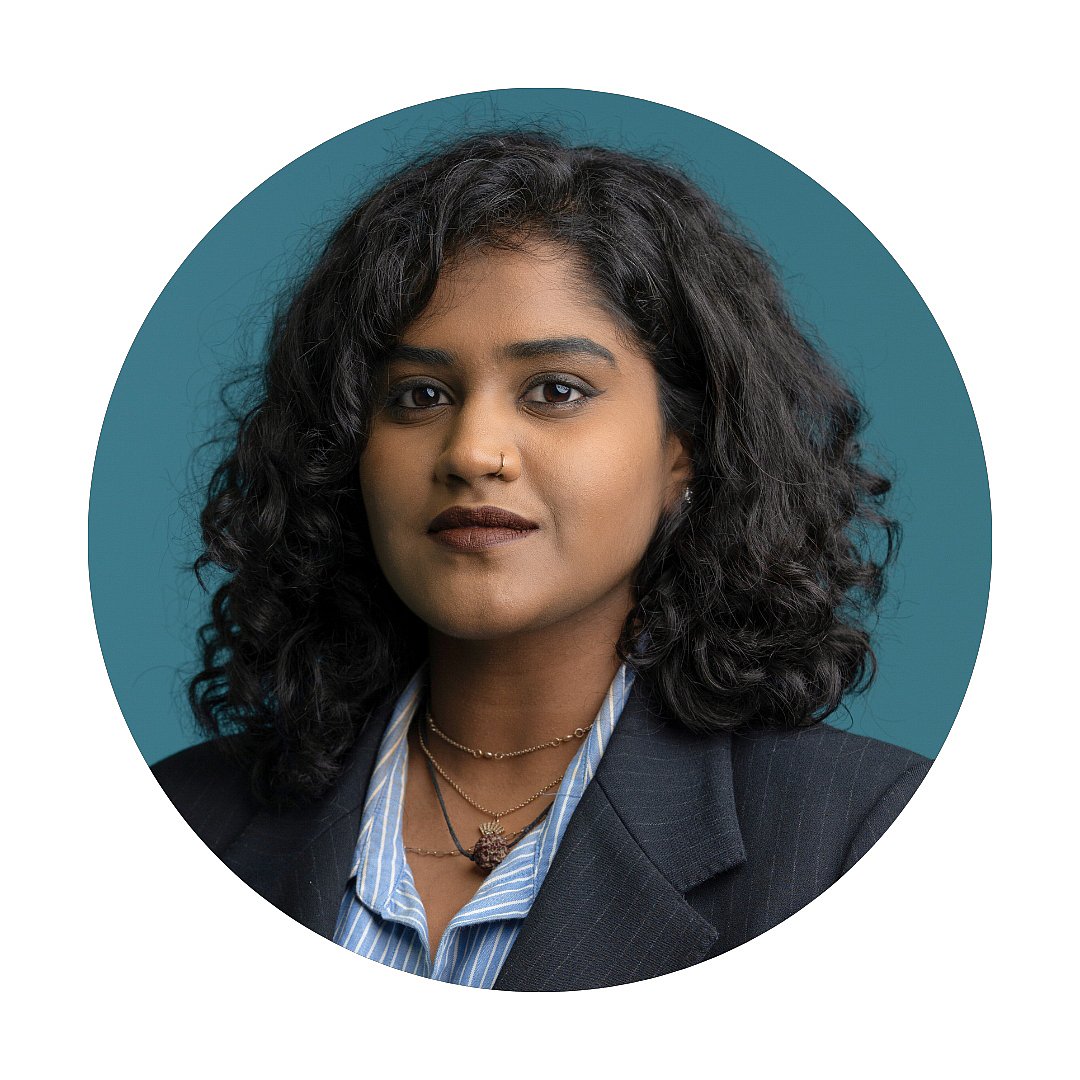What the world’s richest families fear most and the unexpected values driving them now
Global billionaires shift focus to purpose and human values in a changing world

Dubai: The world’s richest families are redefining what it means to build and preserve wealth, placing time, health, relationships and purpose far above financial capital, according to new insights gathered from more than 100 billionaire principals across 28 countries. Their views, shared in candid conversations with J.P. Morgan’s Global Private Bank, reveal a profound shift in how the ultra-wealthy measure success in a world marked by rapid change and rising uncertainty.
More than 90% of principals say the real markers of prosperity are not tied to money at all, but to the quality of their relationships and their ability to live with intention. Nearly 85% now define success through impact, creativity and leading with values. These findings signal a new era in global wealth stewardship that places purpose at the centre of family and financial decision-making.
Andrew L. Cohen, Executive Chairman of J.P. Morgan Global Private Bank, said the honesty of these discussions offers rare clarity into a group typically shielded from public view. “We are honoured to serve these families and learn from their experiences,” he said. “Their openness and Candor offer invaluable lessons for anyone seeking to build enduring wealth with lasting impact.”
A world defined by rising risks
Despite stronger balance sheets and powerful global networks, the principals surveyed are increasingly vigilant about macro risk. Geopolitical tensions tops their list of concerns, with 56% citing conflict and global fragmentation as the most immediate threat to their wealth, businesses and communities.
Climate change, disruptive technology, uneven regional growth and market volatility add to the unease. Many families are now reassessing how they diversify portfolios, structure governance and build resilience across generations.
For principals with businesses in multiple jurisdictions, these risks influence everything from asset allocation to succession planning.
AI reshapes both daily life and global enterprises
Artificial intelligence is becoming deeply embedded in the lives of the ultra-wealthy. Seventy-nine per cent use AI for personal tasks such as research, writing, travel planning and creative projects. Many say these tools help them reclaim time and streamline decision-making.
In business, 69% have adopted AI to improve productivity, data analysis and strategic foresight. Some cite substantial cost savings, particularly in legal research and preliminary due-diligence work.
Yet caution remains. Cohen said, “AI is opening new doors for families and their enterprises, but true success lies in balancing innovation with discernment. Technology is a powerful enabler, yet it’s human values and judgment that create lasting impact.”
A new wave of investments driven by passion
The wealthy are broadening their investment horizons beyond traditional assets. Seventy-five per cent maintain globally diversified portfolios, with rising interest in what were once niche categories. Sports ownership leads this trend, with 34% holding teams or arenas. Principals see these investments as both financial opportunities and powerful community platforms.
Art (23%) and collectible cars (10%) are also gaining prominence, not only for personal enjoyment but for strategic value. Luxury collectibles, including rare pieces and vehicles, are increasingly used as collateral to unlock liquidity.
Cohen said, “Ownership has evolved from a hobby into a sophisticated business and a unifying force for families, offering both financial returns and opportunities for community impact.”
Philanthropy anchors legacy
Philanthropy remains central to how principals express purpose and pass on values. More than 70% have structured philanthropic teams to ensure accountability and measurable impact. For many, giving is also a tool to bring younger generations into leadership discussions.
One principal summed up the sentiment: “When I think about my legacy, I think about giving back.”
EMEA families take a future-focused stance
Across Europe, the Middle East and Africa, strategies reflect a blend of ambition and caution. Natacha Minniti, Head of 23 Wall International and Global Co-Head of Family Office Practice at J.P. Morgan Private Bank, said the region’s principals are actively embracing innovation.
“Across EMEA, principals are redefining what it means to be leaders,” she said. “Of those surveyed, 63% are dedicated stewards of multi-generational legacies, while 37% are self-made business owners. This unique combination fuels a forward-thinking mindset.”
She added that 74% are adopting AI to transform both personal and business functions, while 20% are investing in sports ownership. Yet challenges remain. “Amid this wave of innovation and diversification, 68% of principals identify geopolitical tensions as their greatest risk,” she said.
A model of wealth built on purpose
Taken together, the findings reveal a significant evolution in how global wealth is viewed and managed. The world’s most influential families are shifting their focus from accumulation to meaning, from financial capital to human values, and from linear planning to long-term stewardship.
Sign up for the Daily Briefing
Get the latest news and updates straight to your inbox
Network Links
GN StoreDownload our app
© Al Nisr Publishing LLC 2026. All rights reserved.
